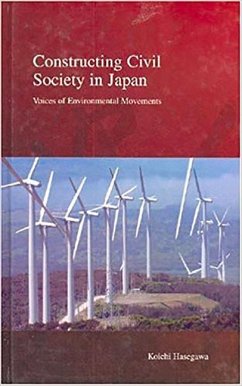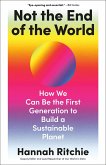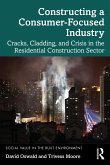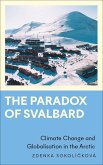Japans post-World War II economic miracle is well-known and much discussed, as is the collapse of the bubble economy and the almost decade long economic stagnation of the 1990s. In this collection of essays and articles spanning two decades of intellectual work, Koichi Hasegawa one of Japans foremost environmental sociologists reveals another dimension to the Japanese experience of the late 20th century, a developing civil society. Hasegawas aim in this collection is manifold, beginning with an outline of the aims, objectives and distinguishing characteristics of environmental sociology. Combining a historical analysis of the rise of this new discipline with an overview of the theoretical frames that define it, Hasegawa argues that environmental sociology challenges the sociological conventions of disengaged observation as well as the anthropocentrism inherent to the sociological perspective. At the same time, environmental sociology challenges a powerful environmentalists
Hinweis: Dieser Artikel kann nur an eine deutsche Lieferadresse ausgeliefert werden.
Hinweis: Dieser Artikel kann nur an eine deutsche Lieferadresse ausgeliefert werden.








